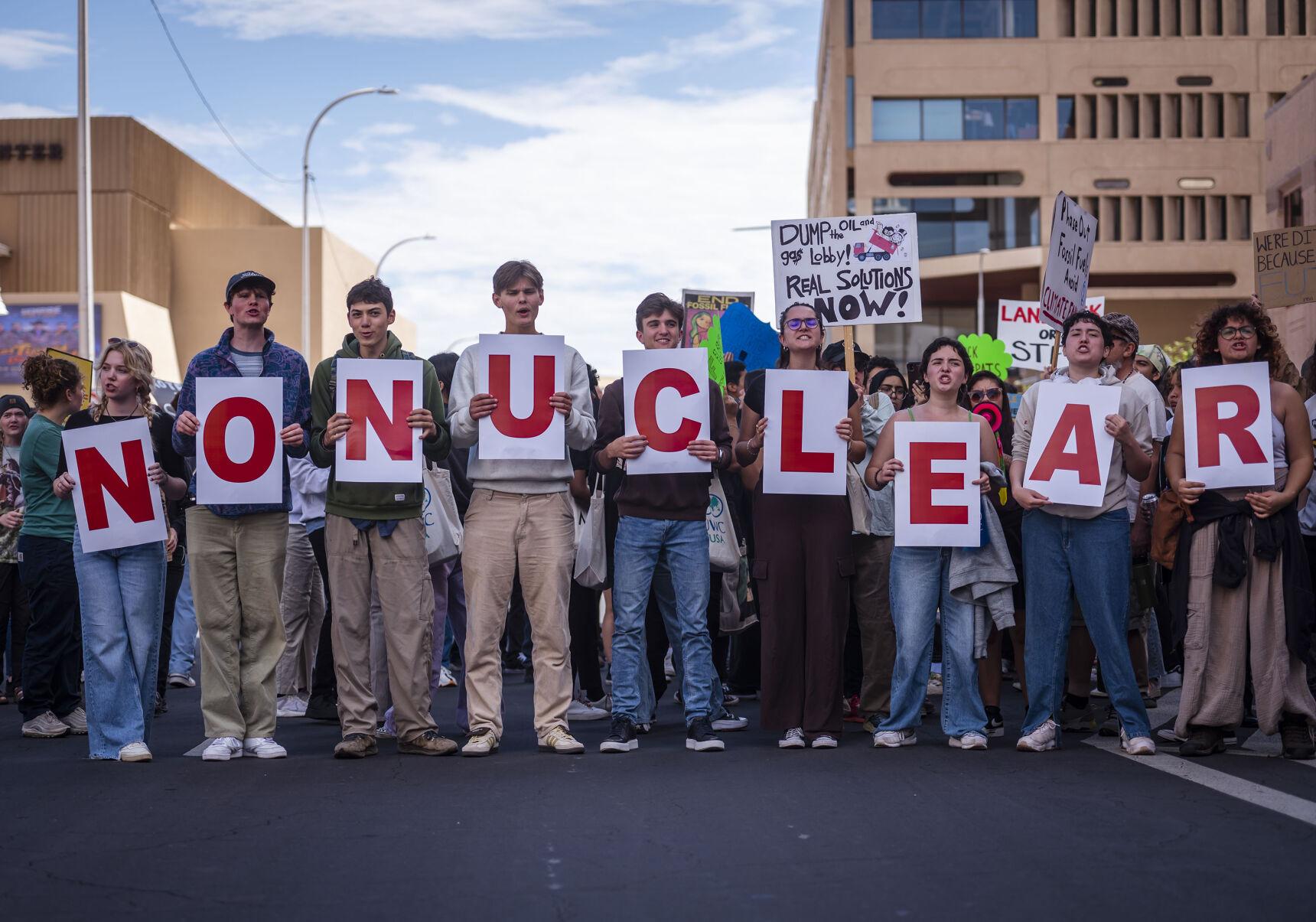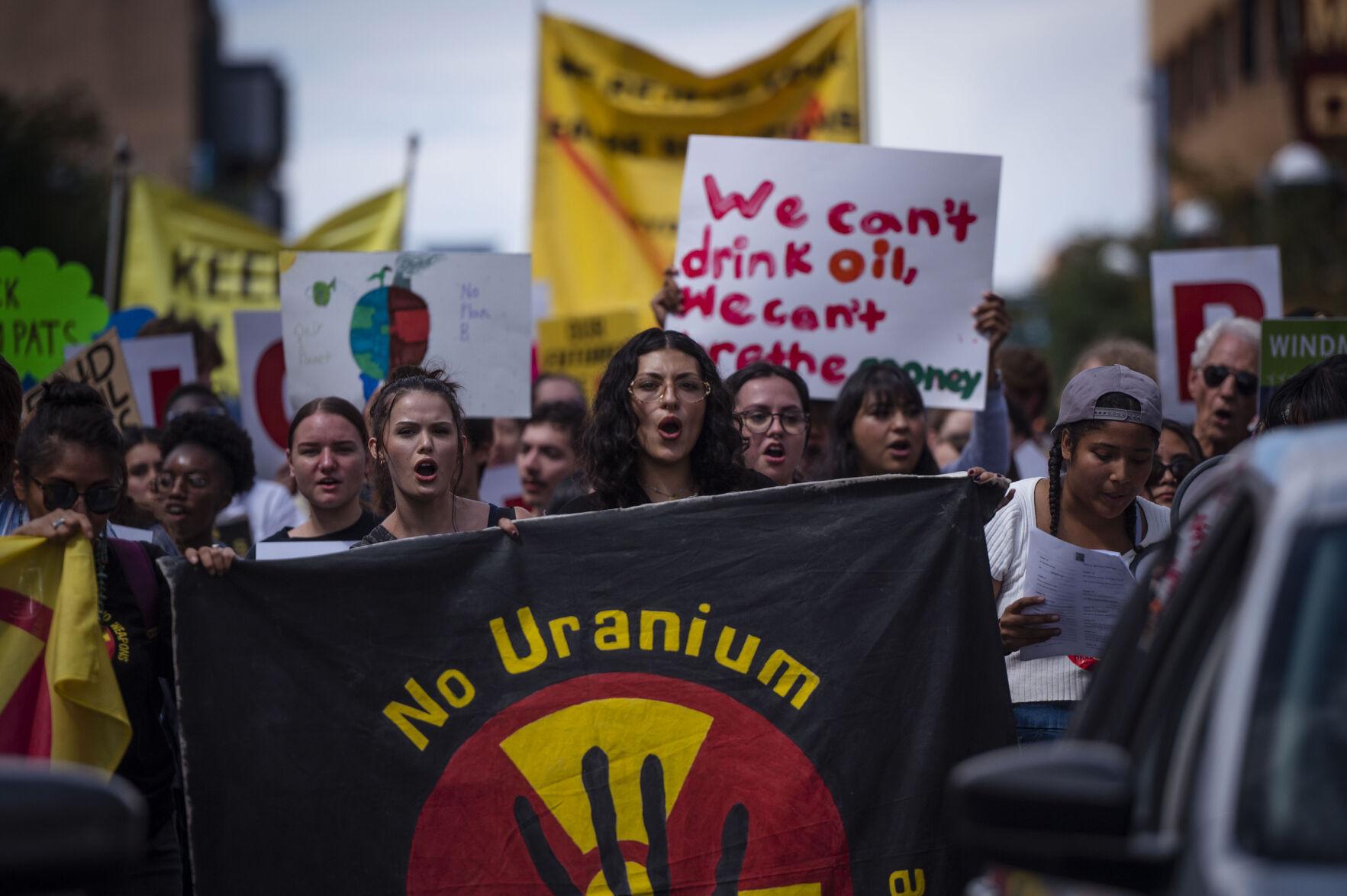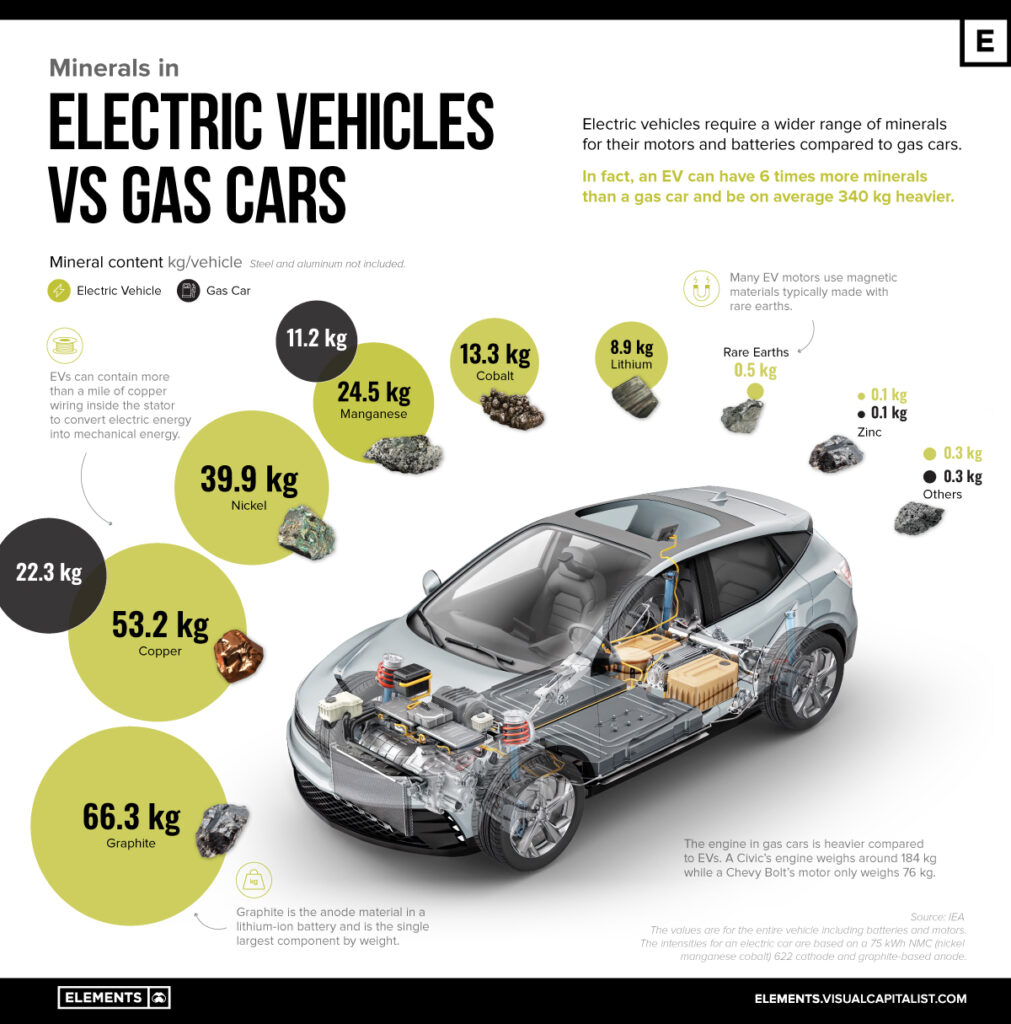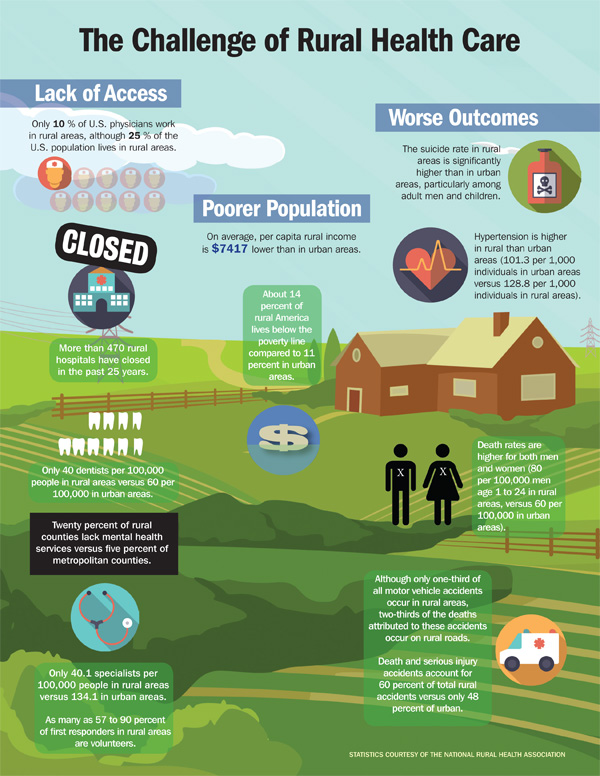The following appeared in National Review’s Capital Matters on September 8, 2023.
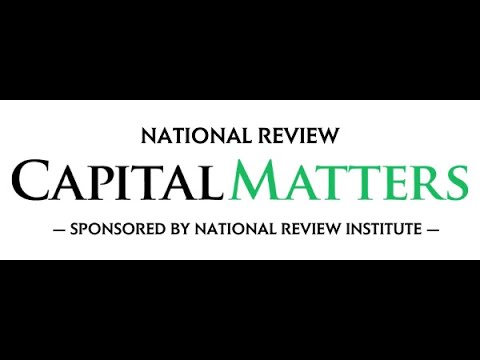
With the passing of former New Mexico governor Bill Richardson, yet another Democrat of a bygone era departs the scene. Richardson was personally friendly and ideologically simpatico with Bill Clinton, helping the president pass the NAFTA free-trade agreement and then being named U.N. ambassador for the final few years of that administration.
Free trade is (sadly) increasingly unpopular on both sides of the aisle, and in this sense both Richardson and Clinton are creatures of a different era.
However, it is worth examining Richardson’s economic record as governor of New Mexico to better understand his own career and just how far and fast the Democratic Party has moved to the left (both nationally as well as in the Land of Enchantment).
Richardson was governor of New Mexico from 2003 to 2011. He had the good fortune of succeeding Gary Johnson. You see, while New Mexico used to be a purple state on the national stage, its legislature was and has remained a stronghold of big-government Democrats. Johnson, known to many New Mexicans as “Governor No,” was known for his prodigious use of the veto pen. As a libertarian-leaning Republican, he did this, in part, to keep a lid on government spending.
Johnson’s attempts to get tax cuts through the heavily Democratic New Mexico legislature proved fruitless, but when Richardson took over in 2003, he immediately pushed for significant tax reductions. He cut the state’s top income-tax rate from 8.2 percent to 4.9 percent and reduced capital-gains taxes dramatically. He wasn’t just a tax-cutting Democrat. In his era, he was arguably the best tax-cutting governor in the nation. This paid off in strong job-creation numbers and personal-income growth, and New Mexico jumped from the 47th- to the 42nd-ranked state in personal incomes in just a few years. Pro-growth economic policy is no longer an element of Democratic politics.
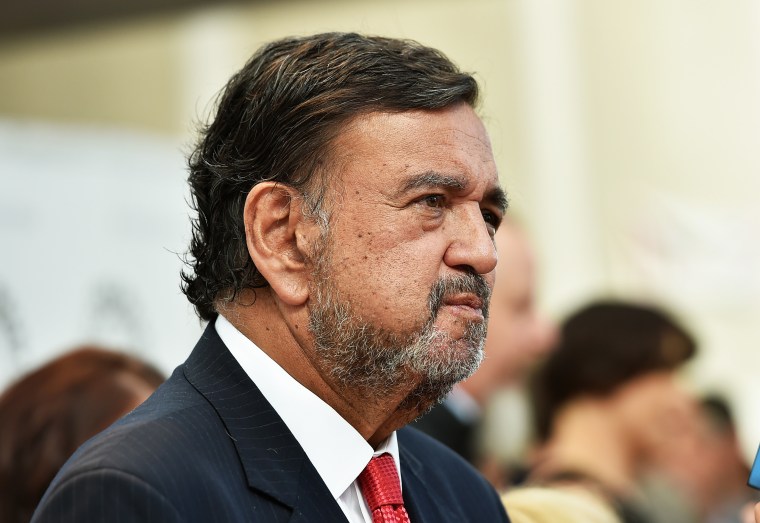
But Richardson was by no means an avid supply-sider. During an era of strong economic growth nationally and in the relatively impoverished Land of Enchantment, Richardson sadly fell into the trap of putting significant taxpayer resources into big-government boondoggles.
It is worth noting that much of this (good and bad) was leading up to a run for the White House in 2008. As governor of a small, impoverished state with a low national profile, Richardson, who already had federal-government experience, believed that he needed a splashy track record of transforming New Mexico’s economy.
To that end, he created the Rail Runner commuter train, which began operation in 2006 and runs nearly 100 miles, from the south of Albuquerque to the state capital in Santa Fe. It cost more than a mind-blowing $1 billion to build (it needed 20 miles of brand-new track) and requires more than $20 million in annual taxpayer subsidies to operate. Despite running between two of New Mexico’s largest cities, much of the route is sparsely populated. As with so many transit systems in the Covid and post-Covid eras, it continues to lose what little ridership it had.
Another one of Richardson’s taxpayer-funded projects that remains unproven (at best), even after having launched more than a decade ago, is Spaceport America. Billed as the “world’s first purpose-built commercial spaceport,” it has finally seen its first commercial space-tourism flight, via Virgin Galactic. The spaceport, in the harsh desert of southern New Mexico, was built at the behest of Richardson for Virgin Galactic at a cost of $225 million to taxpayers, though add-ons and further investments have driven the cost to around $275 million, and the facility already needs major repairs.
Subsidies for particular companies, including personal-jet manufacturer Eclipse Aviation and solar-panel manufacturer Schott Solar, also failed to ensure long-term economic success. In fact, those companies went out of business long ago, which only proves government’s unfitness for picking winners and losers.
Finally, Richardson laid the groundwork for New Mexico’s costly film subsidies, which have helped the film industry while failing to more broadly develop New Mexico’s economy. The program, as Richardson designed it, led to New Mexico taxpayers reimbursing Hollywood film producers for up to 25 percent of their overall expenses for filming in the state. Richardson is by no means the only politician to have thrown money at Hollywood: Under current Democratic governor Michelle Lujan Grisham, the program has expanded even further, offering producers a subsidy of up to 40 percent of their expenses.
Highlighting his relative moderation, Richardson (gently) reproached Governor Lujan Grisham for her overly zealous and failed Covid lockdown strategy. He also (sagely) urged state legislators and Lujan Grisham to avoid raising taxes in the most recent legislative session. During this session, New Mexico had a $3.6 billion (42 percent) year-over-year budget surplus, yet Democrats in the legislature were seriously considering a number of tax hikes.
Fortunately, they did not go through.
Bill Richardson’s death is a reminder of just how far the Democratic Party has moved to the left on economic policy. His willingness to listen to all sides and try to forge consensus across party lines is sorely missing from today’s politics.



